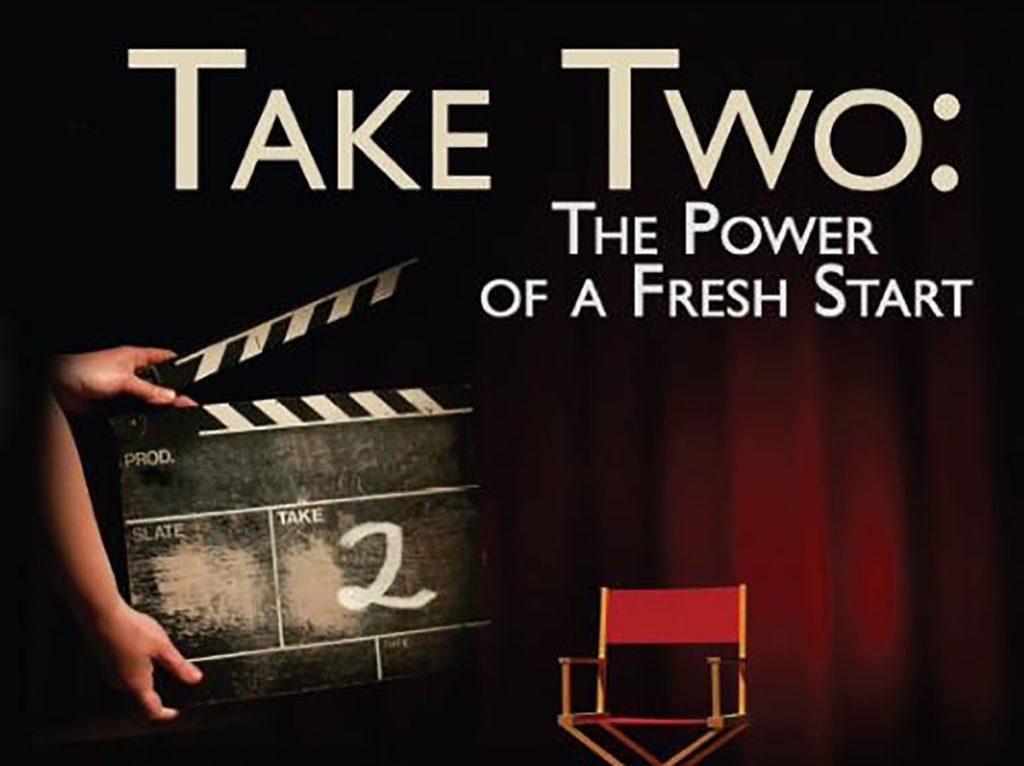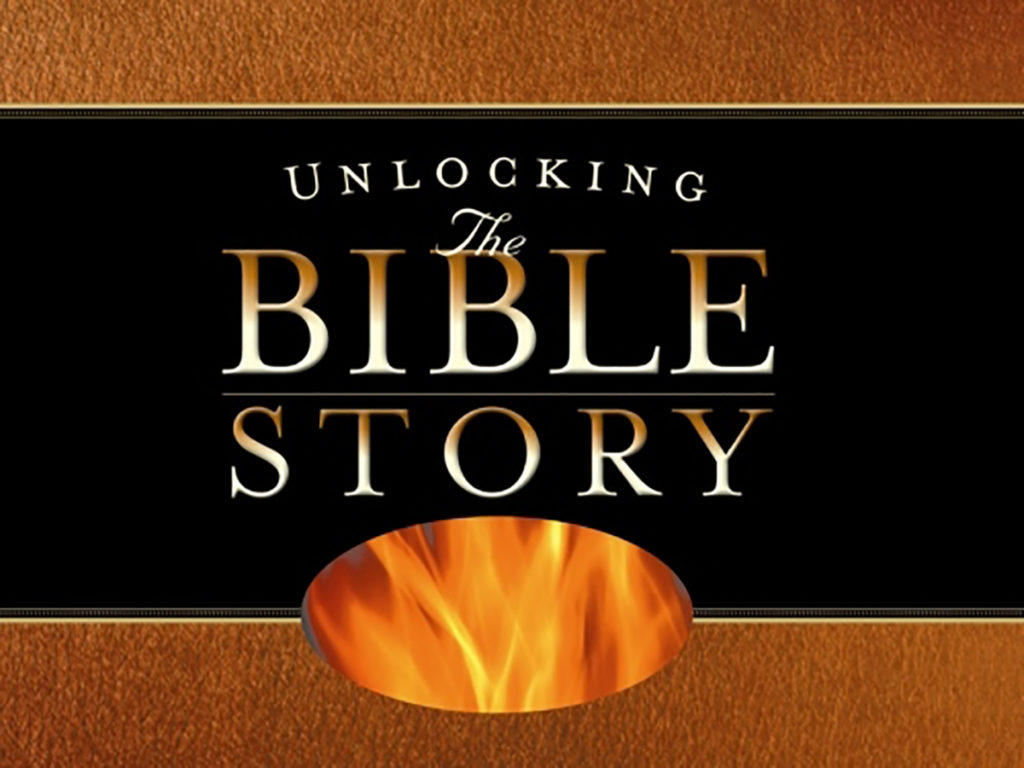Sooner or later you will come to a place where obedience to God seems costly. For the Israelites it was sooner. God told Moses to take a census of all the men in Israel twenty years old or more who are able to serve in the army (Numbers 1:2–3). That tells us what this book is about—God was leading these people into warfare. He was preparing them for a military campaign in which they would take possession of the Promised Land. Costly battles and ultimate victory lay before them.
The Lord said to Moses, “Send men to spy out the land of Canaan, which I am giving to the people of Israel” (Numbers 13:1–2). Moses sent out the spies, and they traveled through the land for forty days gathering information. But when they got back, things went terribly wrong. The majority took the view that the land couldn’t be conquered, and as their pessimism spread, the people lost heart.
Numbers is the story of an unnecessary detour. God’s people were faced with an open door of opportunity, but they held back when they should have pressed forward. The story warns us about the long-term consequences of cowardly choices, and if we can understand where these people went wrong, it will help us to avoid repeating their mistakes.
Complaining People
Instead of pressing forward in obedience to God’s command, the people complained about their hardships, their food, and their leaders (see Numbers 11:1, 4–6; 12:1).
God determined that the grumblers and complainers would not enter the land (Numbers 14:22–23). So they spent the next thirty-eight years in the desert until that whole generation died and their children took their place.
Complaining is always dangerous. The tragedy of this story is that when great things lay ahead, the people God had blessed became dissatisfied with what He had given.
It is hard to make good decisions when you have a bad attitude. If you are dissatisfied with what God has given to you, be careful! That’s where God’s people were when they made the mistake of a lifetime.
A critical spirit drained strength from their spiritual convictions. It sapped the passion of their commitment to the Lord and left them spiritually limp, so that when the moment of decision came, they moved in the wrong direction. Critical, complaining people usually end up choosing the wrong path. Behind a bad decision you will usually find a bad attitude.
Complacent Leaders
Moses sent out twelve leaders (Numbers 13:3) to gather information that would help him form a plan to accomplish the will of God. But after their forty-day trip behind enemy lines, they returned to tell Moses that the will of God was not practical! “We are not able to go up against the people, for they are stronger than we are” (13:31). The spies were saying, “We can’t do it. The land is already occupied. This project is beyond us.”
Notice that they made no reference to God in their report. These leaders had stopped asking “What does God want us to do?” and focused instead on what seemed manageable. Whenever leadership makes that shift, it will be costly for the people of God. If we lose focus on what God is calling us to do, we will soon find ourselves wandering aimlessly in the desert.
Two of the spies, Joshua and Caleb, presented a minority report focusing on the fact that God was with them. But by the time they were given the opportunity to speak, the people had already made up their minds.
Moses allowed the situation to get out of control. First, the research team reported to the wrong audience. The spies were commissioned by Moses, but they went public with their report. Second, they exceeded their authority. Moses asked for information, but the spies made a recommendation. The result was that the people ended up making a bad decision over an issue that never should have been brought before them in the first place. The question to be decided was not if they should go into Canaan, but how they should go into Canaan. Complacency and mismanagement brought the whole community to the verge of disaster.
There are some very important lessons for us here.
Casting Your Vote for Costly Obedience
It is easy for us to imagine that we would have voted for entering the land of Canaan. But if you knew that following God’s command would expose husbands and fathers to the risk of being killed, and children to the risk of being taken captive, would you really have been so quick to vote for entering the land (see Deuteronomy 1:39)?
The great irony is that if the parents had chosen the path of costly obedience to the Lord, their children would have grown up in “‘a land flowing with milk and honey’” (Leviticus 20:24). But because the parents put their children first, they spent decades wandering in the desert. Obedience always has a cost, but by putting their children first, these parents did themselves and their children a great disservice.
God was faithful to His people even in the desert. He provided food for them every day, and He never left them. But this generation of people who had experienced the abundant grace of God contributed nothing to advancing His purpose. Once we see this danger, the great question is “How are we going to avoid being like that?”
Understand Your Calling
First, we must grasp that our calling is to a life of unconditional obedience. The will of God for Israel in the book of Numbers was for the people to enter the land of Canaan. The will of God for us today includes the Great Commandment (“‘Love the Lord with all your heart… [and] love your neighbor as yourself’”; Mark 12:29–31) and the Great Commission (“Go and make disciples of all nations”; Matthew 28:19).
The more God blesses you, the harder it is to live a courageous life. It is easy to get the idea that our comfort is the thing that matters most. But God has not called us to a life of convenience. Christ died for us that we should no longer live for ourselves, and He sends us out as the means by which His will gets done in the world.
Counting the Cost
Second, we must count the cost of this obedient life. When God delivered His people from Egypt, He shielded them from the full cost of their calling by leading them by the way of the wilderness, rather than the direct route that would have taken them through enemy territory. For God said, “Lest the people change their minds when they see war and return to Egypt” (Exodus 13:17). But as time went on, God brought them to a place where obedience was more costly.
I remember an occasion when my father took me to an auction and told me, “If you’re going to bid, make sure you know your upper price limit.” That’s great advice for anyone going to an auction, but it would be a lousy approach to the Christian life.
Jesus won’t allow us to set an upper price limit. He said, “If anyone would come after me, let him deny himself and take up his cross and follow me” (Mark 8:34). He doesn’t tell us what our cross will be, only that we must be ready to take it up.
As followers of Jesus, we must be willing to say “My money is Christ’s, my time is Christ’s, my life is Christ’s.” There is no upper price limit.
Keep Your Eyes on the Prize
Third, we must look beyond the cost to the great reward that is promised to all who follow Jesus. “Whoever would save his life will lose it, but whoever loses his life for my sake and the gospel’s will save it” (Mark 8:35). Following Jesus is always worth it, no matter what it costs.
One day a rich man came to Jesus and asked Him what he had to do to inherit eternal life. Christ knew that money was strangling the man’s spiritual life and that the only way he would ever be free was if he gave his money away. “Go, sell all that you have,” Jesus said, “and give to the poor… and come, follow me” (Mark 10:21). Like God’s people on the verge of Canaan, this man struggled with the cost. And he “went away sorrowful” (10:22).
The life of Jesus had a very different outcome. His calling involved extreme suffering and loss (Luke 9:22), but He was ready to pay the price. And the book of Hebrews tells us how He did it: Christ endured the cross “for the joy that was set before him” (Hebrews 12:2). In other words, when God held the cross before Jesus, He looked through it to the joy that was on the other side. He focused on the outcome, and Isaiah tells us that “out of the anguish of his soul he shall see and be satisfied” (Isaiah 53:11).
So here are two stories about different choices and outcomes. One story ends with a man who is sorrowful; the other ends with a man who is satisfied. The difference is in their readiness to obey the will of God without regard for the cost. Sorrowful or satisfied—which of these two words will describe what you feel when you look back on your life?
Opened
Some generations contribute more to advancing the purpose of God than others. The book of Numbers leads us to expect that this would be the case; not all generations serve willingly. Unity among God’s people and courage among their leaders will save us from aimless wandering and position us to advance God’s purpose in the world.






